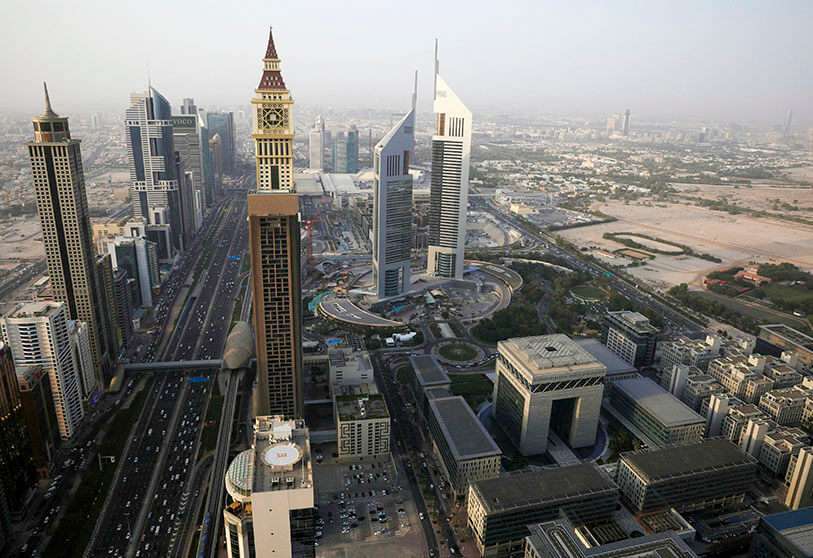Abu Dhabi Holding deal to include several Egyptian companies

One of Abu Dhabi's sovereign wealth funds will gain stakes in Egyptian fertiliser and transport companies as part of a major multi-million dollar investment deal between the UAE and Cairo. Under the deal, the holding will involve collaboration with a number of Egyptian state-owned companies.
The Arab country is a major supporter of Abdel Fattah al-Sisi, Egypt's president. The two regions launched a $20bn joint strategic platform in 2019 to invest in a variety of sectors managed by the Egyptian Sovereign Wealth Fund and the Emirati International Holding Company.
Officials from some companies, such as Abu Qir Fertilizers or MOPCO, argue that the sale of shares is a privilege relative to the current corporate players. The deal also involves the purchase of stakes in Fawry, a banking services company, and Commercial International Bank, North Africa's largest bank.

Half of the agreed $2 billion in investments will go towards acquiring 18 % of the bank's assets. Such financing would be welcomed by Egypt as its economy comes under increasing pressure due to Russia's invasion of Ukrainian territory.
In 2021, the Holding bought an Egyptian pharmaceutical company. It is also a major shareholder in an Emirati supermarket chain that is expanding in the African country. And Aldar Properties, an Abu Dhabi-based real estate company, was backed by Alpha Abu Dhabi Holding Company to buy SODIC, an Egyptian real estate development company.
Early last December, the two companies launched an offer to buy 90% of SODIC's shares at a price of £20 per share, with a minimum 51% stake. The offer to the dealers amounted to 95%, bringing the deal to more than 6 billion Egyptian pounds.
A few days ago, the Central Bank of Egypt held a special meeting in which it raised interest rates by 100 basis points in an attempt to stem the tide of inflation which currently stands at 7% and is expected to rise to 11% by summer this year.

Monet Doss, an economic analyst, believes that the decision to raise interest rates and reduce the value of the Egyptian pound "would contain inflation and halt the process of dollarisation, attract foreign investment to the debt market and boost the supply of foreign currency in the face of any recession that may occur".
At the same time, it is in talks with the International Monetary Fund (IMF) to obtain aid that could include a new loan. Among the options is a so-called precautionary financing line, i.e. a loan that the country can access whenever its economy needs it.
Egypt has previously received an IMF loan of $5.2 billion, in addition to the $2.8 billion provided under the Rapid Financing Instrument, which helped the authorities cope with the COVID-19 health and social crisis.
Cairo is aware that in the coming months it will witness a considerable drop in inbound tourism flows. Moscow and Kiev previously accounted for around a third of all inbound tourists. In addition, rising food prices and the emergence of new funding challenges threaten the nation's economic stability.









